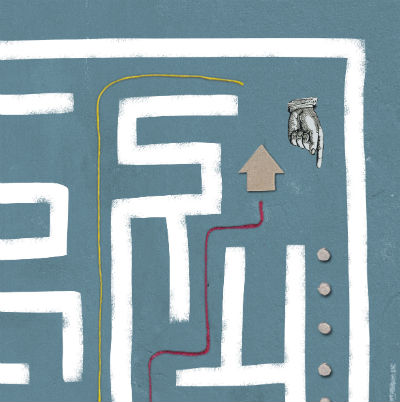Submitted by basma on
This report is part of CRIN's access to justice for children project, looking at the status of the Convention on the Rights of the Child (CRC) in national law, the status of children involved in legal proceedings, the legal means to challenge violations of children’s rights and the practical considerations involved in challenging violations.
Dominica ratified the CRC in 1991. Pursuant to the country’s dualist legal tradition, the treaty was not directly incorporated into domestic law and requires implementing laws. To date, no comprehensive Children’s Act or child-specialised courts have been created. Children can generally bring cases through a “next friend” but the court has the power to remove or change this person. Parental consent is not required for the appointment of the “next friend”. Legal aid may be provided by legal clinics, which prioritise children. Children can refer to the High Court for redress for human rights violations. Some child-friendly provisions exist. For instance, the child can be exempt from taking an oath when testifying and it is possible to exclude some persons from the trial.

